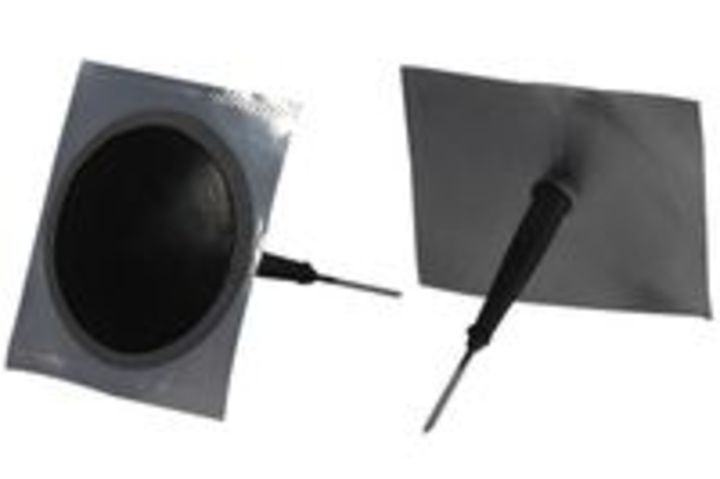Lookin for opinions here, Ive pretty much made up my own mind but never hurts to get more inputs.
My RV has 225/75 R 16 10 Ply Duals on the rear in which I carry the sidewall recommended max load at 80 PSI cold.
On my recent 8,000 mile tour of 8 National Parks I picked up a nail/wire in a construction zone on an outside dual and my Good Sam Emergency Road service arrived and plugged the tire and shes not leaked a drop of air since.
QUESTION/OPINIONS Now that Im home should I leave it as is orrrrrrrrrrrrrrrrr take in in and let them break it down and install an inside patch??????????????
I plan to run the tires another year or so (maybe 4000 more miles max) before a new set as theyre still in plenty good enough condition.
PS Ive never had a plug go bad before...
John T
My RV has 225/75 R 16 10 Ply Duals on the rear in which I carry the sidewall recommended max load at 80 PSI cold.
On my recent 8,000 mile tour of 8 National Parks I picked up a nail/wire in a construction zone on an outside dual and my Good Sam Emergency Road service arrived and plugged the tire and shes not leaked a drop of air since.
QUESTION/OPINIONS Now that Im home should I leave it as is orrrrrrrrrrrrrrrrr take in in and let them break it down and install an inside patch??????????????
I plan to run the tires another year or so (maybe 4000 more miles max) before a new set as theyre still in plenty good enough condition.
PS Ive never had a plug go bad before...
John T


